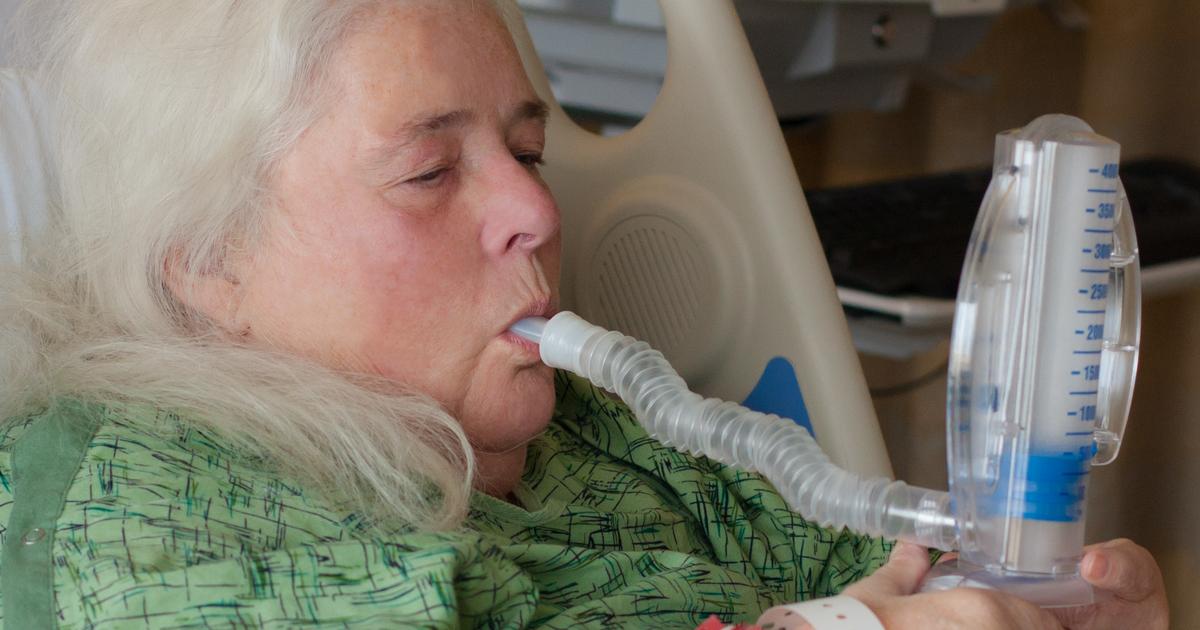How To Prevent And Treat Legionnaires' Disease
Support For The Lungs

An individual who is hospitalized for a severe Legionnaires' disease may need support for the lungs as part of their treatment plan. Legionnaires' disease is a form of pneumonia where the small air sacs in the lungs (alveoli) accumulate fluid and pus. The alveoli facilitate the exchange of oxygen and carbon dioxide in the capillaries. When the alveoli in the lungs become filled with pus or other fluids, the air is unable to reach the capillaries, and oxygen-carbon dioxide exchange does not take place. When Legionnaires' disease causes this type of obstruction in many of the alveoli in the lungs, the ability of the organ to perform its function becomes impaired. When the lung function is impaired, an individual who is ill will take longer to recover than someone who has fully functional lungs. Lung support in a hospital setting for a Legionnaires' disease patient usually consists of supplemental oxygen, which is air with a higher oxygen concentration than the air in the atmosphere. This higher oxygen concentration helps increase the function of the lungs while the patient is fighting off the Legionella bacteria.